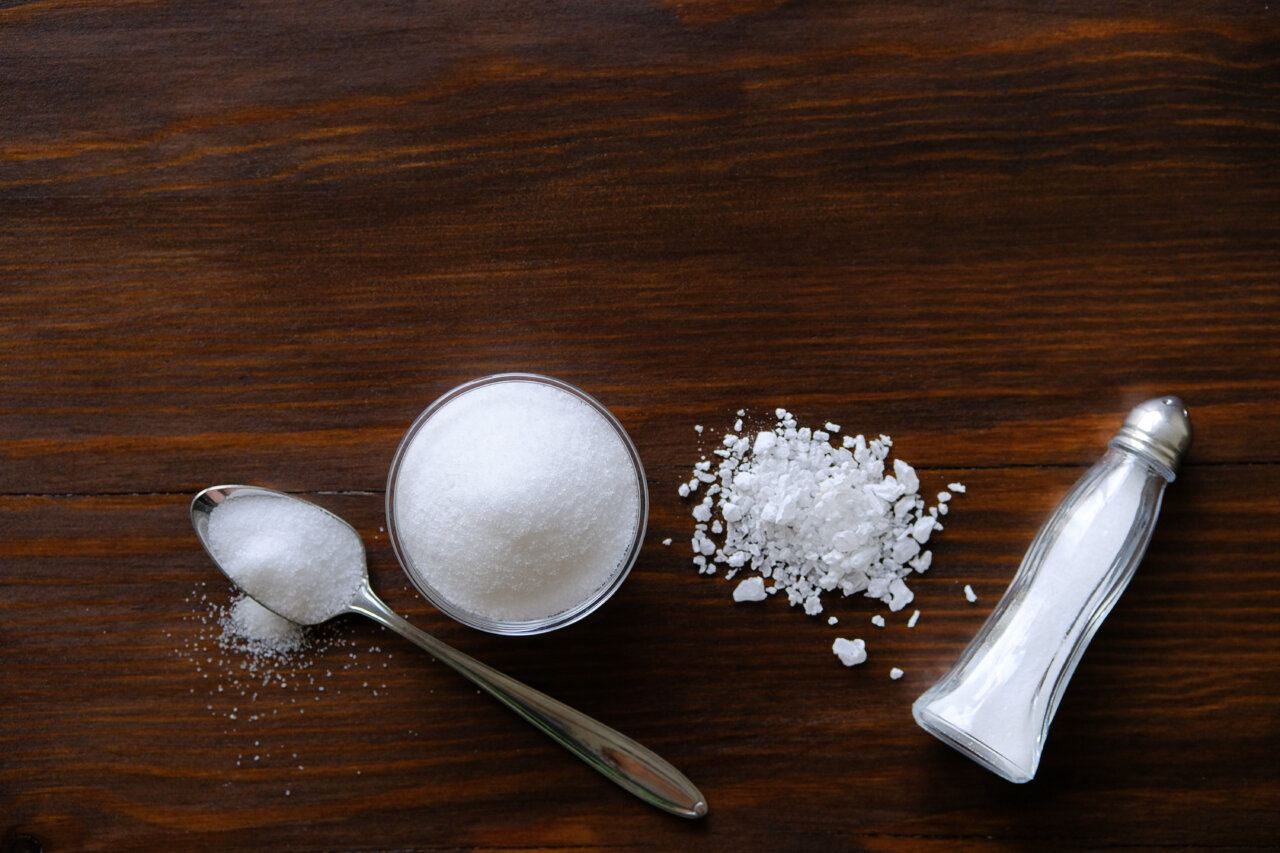Iodine Deficiency Causes, Treatment, and Prevention

Iodine is a trace mineral your body uses to produce thyroid hormone, which regulates your metabolism. Because the body can’t make iodine, it’s crucial that you get the necessary amount from the foods you eat. Adults generally need 150 micrograms (mcg) per day. People who are pregnant require 220 mcg, breastfeeding mothers 290 mcg per day.
Iodine deficiency is a condition that can lead to multiple health issues if left untreated.
Iodine Deficiency Symptoms
The symptoms of iodine deficiency result from its effect on the thyroid. The most common are:
- Hypothyroidism. Also referred to as having an underactive thyroid, this is a condition in which your body doesn’t produce enough thyroid hormone. As a result, you may experience fatigue, constipation, dry skin, unexpected weight gain, and cold sensitivity.
- Goiter. A goiter is an enlargement of the thyroid gland. It occurs because a thyroid lacking iodine expands to keep up with the body’s demand for thyroid hormone. If a goiter gets big enough, it can be difficult to swallow and breathe.
- Pregnancy problems. Severe iodine deficiency during pregnancy can result in miscarriage, stillbirth, preterm delivery, and congenital abnormalities in babies. Babies may also demonstrate cognitive disabilities and growth, speech, and hearing problems.
Untreated iodine deficiency can also contribute to health problems like heart disease, depression, peripheral neuropathy, and female infertility.
How Is Iodine Deficiency Diagnosed and Treated?
To determine if you have an iodine deficiency, your doctor will first perform a physical exam. They’ll also have you take a urine test to measure the amount of iodine or a blood test to measure thyroid stimulating hormone (TSH).
If the results indicate you’re deficient in iodine, your doctor will recommend an approach for resolving the issue. One is to eat more foods high in iodine. Many foods contain the mineral, but it’s most abundant in:
- Iodized table salt
- Eggs
- Bread
- Dairy products
- Seafood
- Nuts
- Meats
- Seaweed
If you’re unable to get enough iodine from food — particularly if you’re pregnant, may become pregnant, or are breastfeeding — your doctor may have you take a multivitamin containing it.
Shared Iodine and Iron Deficiency Symptoms
Iron is another micronutrient your body needs. Being deficient in iron leads to a condition called anemia, and some of its symptoms are the same as people experience with iodine deficiency. This includes fatigue and cold sensitivity, for example.
That being the case, how would you identify an iron deficiency? You should talk with your doctor about your symptoms. Their physical exam and the tests they order will indicate what’s causing them.
Preventing Iodine Deficiency
Most people in the U.S. and other developed countries get the iodine they need from the foods they eat. Consequently, preventing iodine deficiency simply means maintaining a balanced diet.
Caution: There are potential health risks from excessive iodine intake. Individuals should seek advice from a physician before taking any supplement.
Get Help With Iodine Deficiency From Baptist Health
If you experience symptoms related to iodine deficiency, you should see your Baptist Health primary care physician. If appropriate, they may refer you to a specialist called an endocrinologist who can coordinate further testing and treatment.
Next Steps and Useful Resources
What are Micronutrients?
Everything You Need to Know About Hypothyroidism
Best Vitamins to Help Boost Your Immune System



